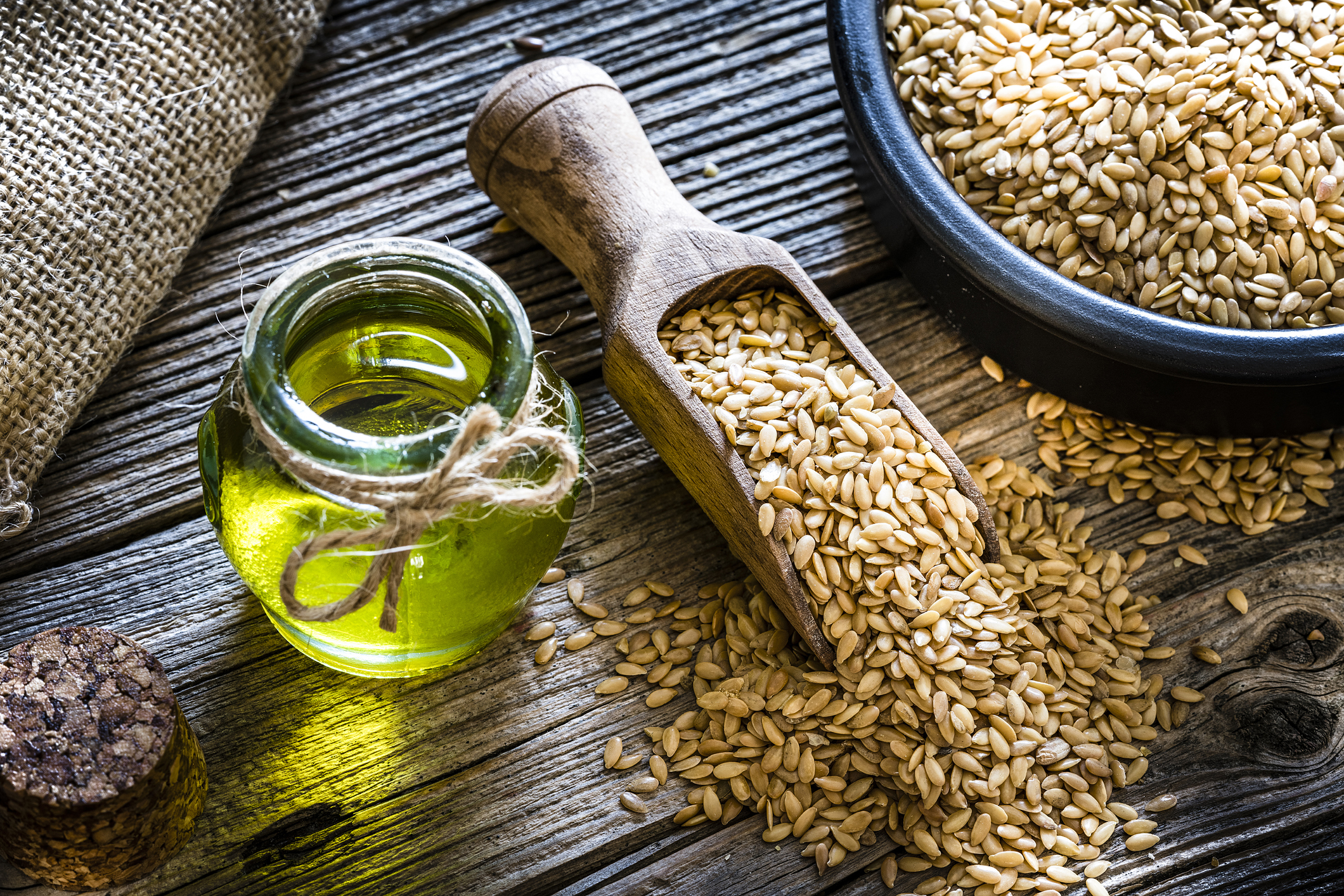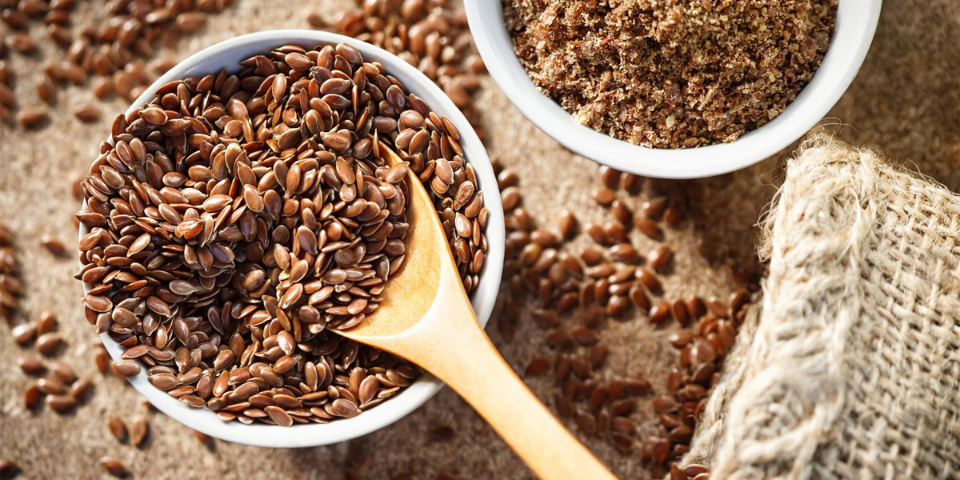Flaxseed may seem like the latest trendy health product, but its benefits are backed by science. Let's explore what flaxseed is, what it can do for your health, and how you can incorporate it into your diet.
Understanding Flaxseed

Flaxseed comes from the blue-flowered flax plant, grown in northern climates. Its seeds are rich in nutrients and offer various health benefits. Flaxseed has a long history, initially used for fiber and later for its oil. There are two main varieties: gold and brown flaxseed, both equally beneficial.
Nutritional Value of Flaxseed
A tablespoon of ground flaxseed contains essential nutrients like protein, fiber, calcium, magnesium, potassium, and iron.
Health Benefits of Flaxseed

Flaxseed offers several health benefits, including:
1. Heart Health
Rich in omega-3 fats, flaxseed can help reduce the risk of heart disease by improving blood pressure, cholesterol levels, and arterial health.
2. Fiber-Rich
With high fiber content, flaxseed aids digestion, promotes fullness, and supports weight management.
3. Anti-Inflammatory
The omega-3 fatty acids in flaxseed can reduce inflammation, benefiting conditions like dry eyes and inflammatory disorders.
Incorporating Flaxseed into Your Diet

To maximize flaxseed's benefits, grind it before consumption. Ground flaxseed can be added to various dishes like cereal, sandwiches, or baked goods. Both flax meal and flax oil offer unique advantages, so choose based on your nutritional needs.
